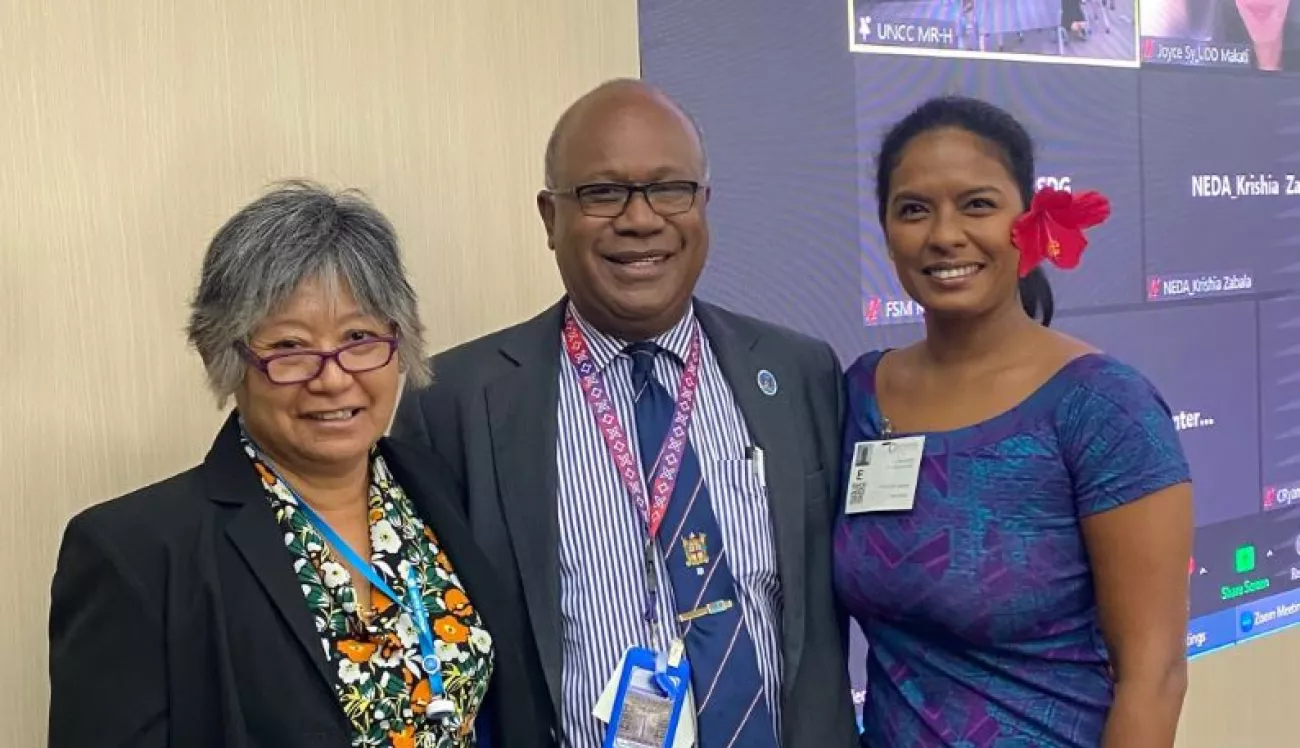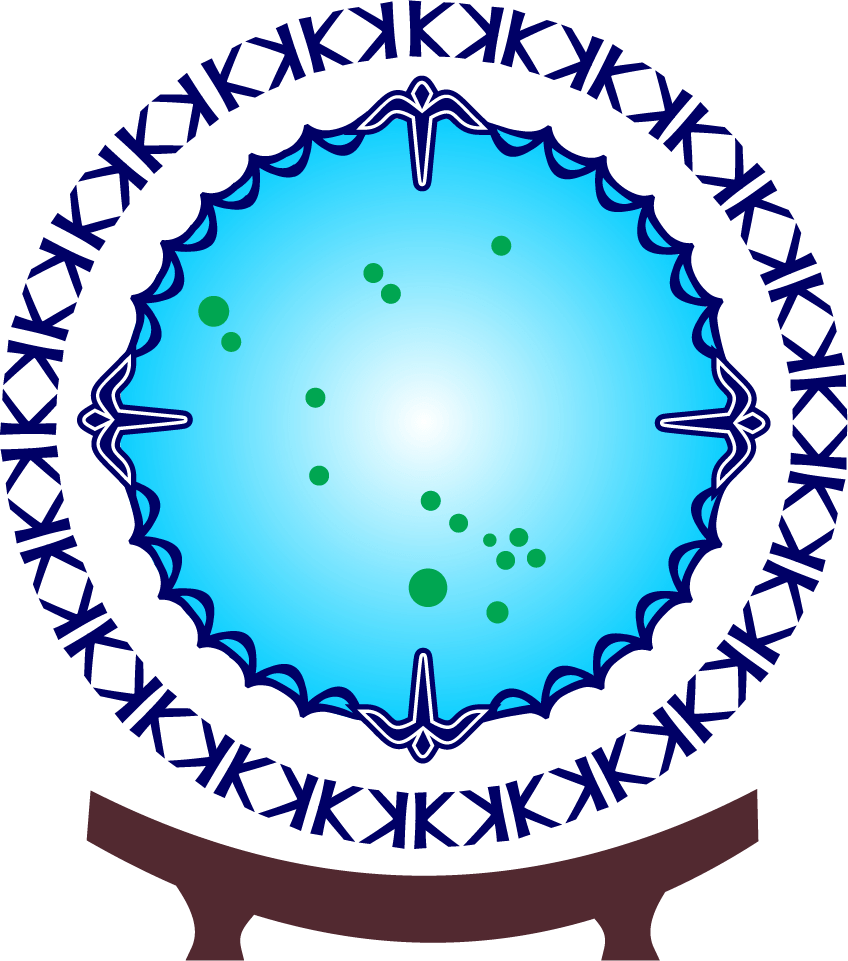
Members and associated members of the United Nations Economic and Social Commission for Asia and the Pacific (UNESCAP) have affirmed the importance of accelerating action to achieve Sustainable Development Goals (SDGs) by 2030.
The call originated from the 10th Asia-Pacific Forum on Sustainable Development (APFSD) held in Bangkok last week under the theme “Accelerating the recovery from the coronavirus disease (COVID-19) and the full implementation of the 2030 Agenda for Sustainable Development at all levels in Asia and the Pacific,” with the Cook Islands delegation headed by Ministry of Foreign Affairs and Immigration (MFAI) Director of Treaties, Multilateral and Oceans Division, Sandrina Thondoo.
The Cook Islands attended the APFSD Forum as an associate member of the UNESCAP and as recently appointed Chair of the Pacific Islands Forum (PIF).
During their discussions, UNESCAP members adopted a report assessing the progress on the five Sustainable Development Goals under review. The Forum also provided support for the presentation of the Voluntary National Reviews (VNRs) for the upcoming 2023 High Level Political Forum.
Additionally, the APFSD provided a regional platform to comprehensively review the overall progress of the 17 SDGs, a crucial preparatory work that will feed into the 2023 SDG Summit.
The Cook Islands’ participation in the plenary sessions and round tables further supported the Pacific sub-region’s presence and voice alongside Pacific Island neighbours.
During the Forum, the Cook Islands also co-hosted and participated on the panel of a side event with UNESCAP on the theme of “Pursuing well-being in the Pacific and Beyond,” which was a timely opportunity to showcase the country's own concept of Te Turanga Memeitaki as the central component to the National Sustainable Development Plan.
“At this mid-point term, the Asia Pacific region, like the other regions, will not be in a position to achieve the SDGs by 2030,” said Thondoo. “It is therefore crucial that we join the global call for accelerated action to get the world back on track in achieving the SDGs by 2030.
“The estimated budget required to achieve all the 17 SDGs by 2023 is between 5 to 7 trillion U.S. dollars. Under the impact of the poly-crisis, the year of achievement has now, in fact, been pushed to the year 2065. This is a cause of alarm for our country and our region.”
Despite national and regional efforts to contribute to the achievement of the SDGs, the Cook Islands agreed with the various challenges raised during the discussions, which includes a lack of adequate financial mechanisms and resources; increased urgency of the climate change crisis; weak participation and collaboration between Governments, Civil Society and International Partners; and lack of data to inform the policies and monitor the progress effectively.
“As stated by UNESCAP Executive Secretary, Ms Armida Salsiah Alisjahbana, it is time to work faster and work bolder to achieve the 2030 Agenda, to which the Pacific agrees,” Thondoo said. “Without a collective effort and commitment, we will be left behind.”
